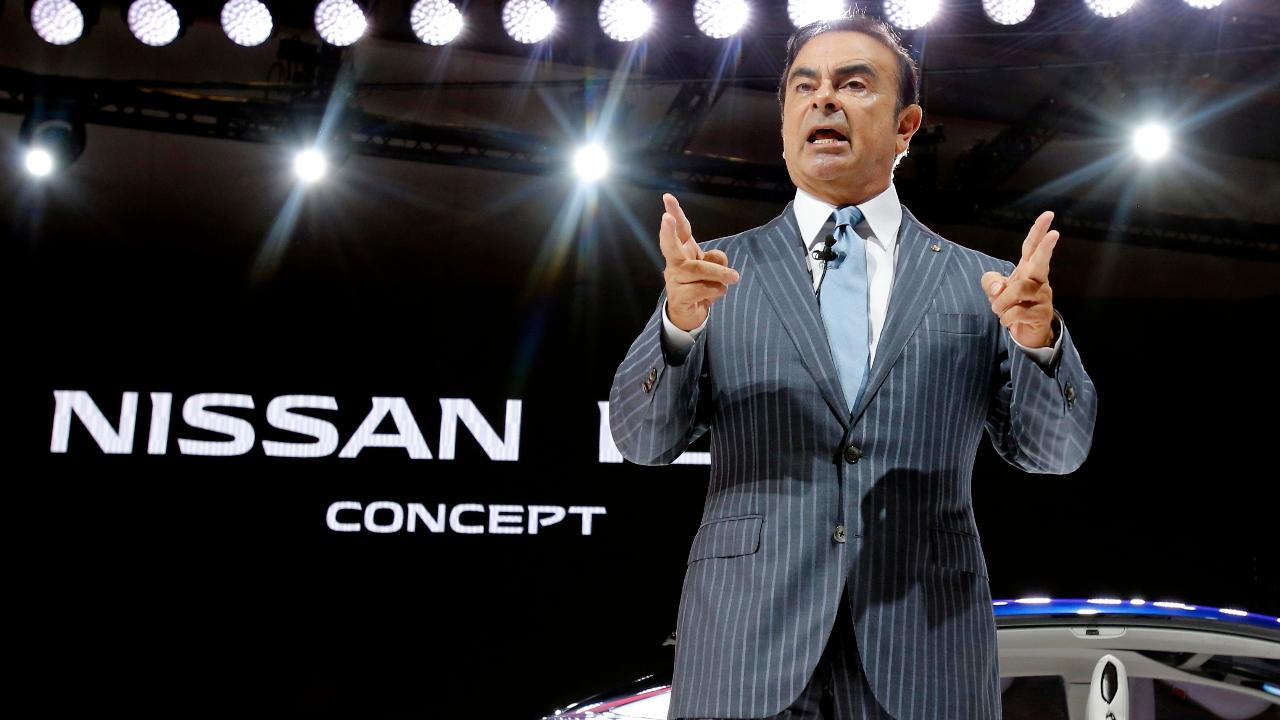Nissan ex-Chair Ghosn's appeal to end detention rejected by court
TOKYO (Reuters) - A Tokyo court on Tuesday rejected ousted Nissan Motor chairman Carlos Ghosn's appeal to end his detention following his arrest last month on allegations of financial misconduct.
Ghosn has been held in a Tokyo jail since he was arrested on Nov. 19 on suspicion of conspiring to understate his pay by about half of the actual 10 billion yen ($88 million) awarded over five years from 2010. He was officially charged on Monday.
He was also re-arrested on fresh allegations of understating his income for three more years through March 2018, with the Tokyo District Court extending his detention until Dec. 20.
Ghosn's lawyers filed an appeal to overturn the detention midday Tuesday, but it was rejected by the court by evening.
From indictment, cases typically take months to go to trial. In the past, suspects who have been indicted have seldom been freed on bail, but in recent years that has become more common, said Masashi Akita, a defense lawyer.
It is unclear whether Ghosn would be freed on bail as some legal experts have said he may be a flight risk.
Nissan, which fired Ghosn as chairman days after his arrest, has said the misconduct was masterminded by the executive with the help of former Representative Director Greg Kelly, who was also indicted on Monday. Kelly will also remain detained until Dec. 20, the district court said.
Ghosn's lawyer in Tokyo, Motonari Otsuru, could not be reached at his office for comment.
But Kelly's lawyer, Yoichi Kitamura, said he was certain that his client's innocence would become clear in court.
"The reason I'm confident is because there was no violation of the financial instruments and exchange law," he said.
Ghosn's arrest marks a dramatic fall for a leader once hailed for rescuing Nissan from the brink of bankruptcy.
The executive has been treated like others in detention, held in a small, chilly room, with limited opportunities to shower and shave, a person familiar with the matter has said.
Asked about criticism that Japanese prosecutors often try to force confessions from suspects, deputy prosecutor at the Tokyo District Public Prosecutors Office, Shin Kukimoto, has said no such method was being used with Ghosn and Kelly.
(Reporting by Chang-Ran Kim, Ritsuko Ando, Junko Fujita, Kiyoshi Takenaka, Malcolm Foster and Mike Spector; Editing by Himani Sarkar)




















